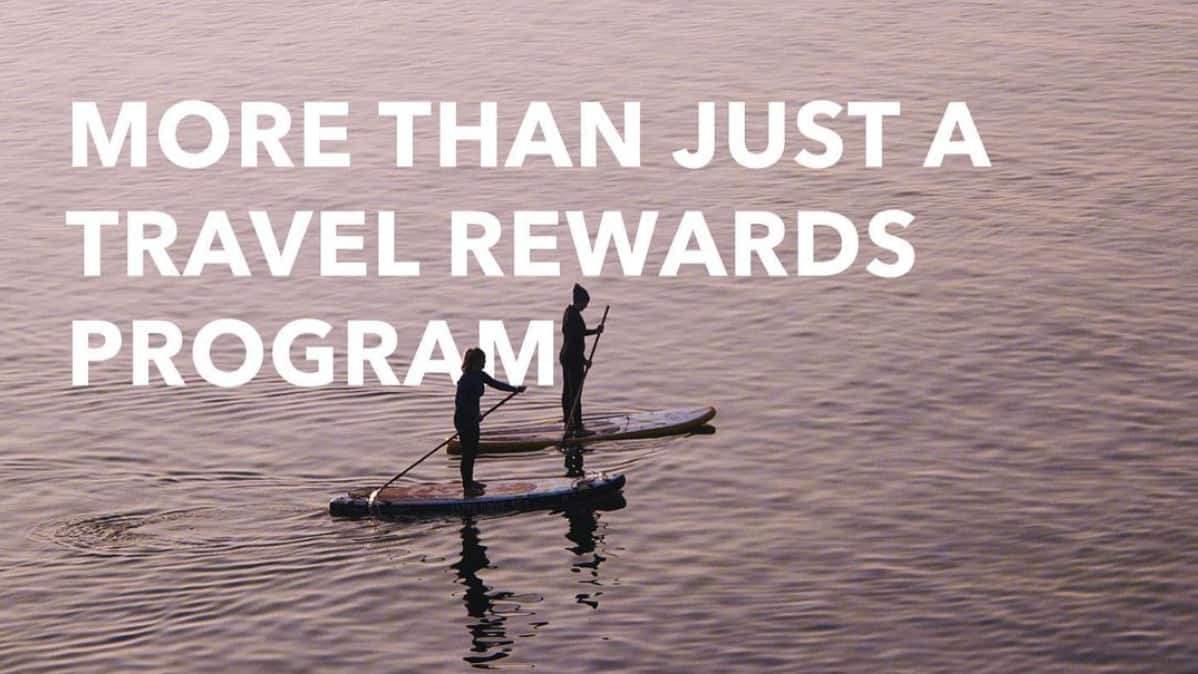
Ancient Egypt, the birth of loyalty programs. Historian Barry Kemp chronicles the rise of beer tokens of ancient Egypt and likens them to recent ‘frequent flier miles,’ suggesting this system laid a foundation for the future. Skip a few hundred years, cue 80’s-era marketing firms and the development of rewards as a scheme by companies to earn consumer loyalty, and thus, the loyalty and rewards industry as we know it was born.
Loyalty Programs: A Brief History
Texas International Airlines is largely credited with creating the first mileage-based frequent flier program back in 1979. In May of 1981, both Delta and American Airlines began offering frequent flier programs. Shortly thereafter, American Airlines was the first to recruit non-airline partners through which you could earn miles, including Hertz and Hyatt. Later that year, United followed suit and partnered with Avis. These became the precursors to the mileage-earning battles, uh, we mean partnerships, that have grown exponentially and shape the rewards and loyalty industry to this day.
According to The Points Guy, “one of the most significant developments in frequent flier programs was the introduction of airline credit cards that earned miles on everyday spending. This single evolution shifted the entire landscape of mileage programs and expanded their scope to the public at large, whether they were already frequent flyers or not.”
Over the years, loyalty programs have evolved well beyond airlines, expanding into all verticals of direct marketing in both business and consumer marketplaces. Brands across all industries and verticals recognize the proven value in cultivating a loyal customer.
Travel
Airlines & hotels offer rewards and loyalty programs to frequent travelers as a benefit and to promote user retention and brand loyalty. Today, the four major transferable points programs — American Express Membership Rewards, Chase Ultimate Rewards, Capital One Miles, and Citi ThankYou Rewards, are used by travelers all over the world. Each program partners with over a dozen airline and hotel partners to provide further benefit to their consumers. While they have evolved from their original 00’s-era forms, they remain largely unchanged at their core (more on this later, it’s important, we promise).
HR/Benefits
Many organizations offer benefits packages to their employees that feature discounts to popular e-commerce sites. As employers look at additional ways to recruit and retain top talent, many offer substantial rewards options and bonus structures that involve travel and other rewards or loyalty opportunities
Fintech Industry
New entrants into the Fintech space are offering loyalty and rewards programs to cardholders to promote their products and enhance new user acquisition.
Today, as a whole, the rewards and loyalty space is a trillion dollar industry. However, it has remained largely unchanged since its inception more than 30 years ago. Due to the pandemic, over $1B+ in rewards went unused in 2020 and the more than $27.5 Billion in unused miles through 2022 could lead to their devaluation as travel ramps back up. Clearly, it’s time for an industry-wide shakeup.
Rewards, Meet Crypto
Started in 2009, crypto is a digital currency hosted by a decentralized financial system. Cryptocurrencies don’t have a central issuing or regulating authority; they use a decentralized system to record transactions and issue new units. The crypto ecosystem runs on a distributed public ledger called blockchain: a record of all transactions updated and held by currency holders.
For our intents and purposes, currency — in particular cryptocurrency — is the new rewards system. Offering crypto in tandem with or in lieu of loyalty points is the next, logical evolution of the rewards ecosystem. According to Coindesk, The worlds of cryptocurrency and loyalty reward systems are merging at a rapid pace, with consumers increasingly adopting credit card rewards in the form of coins and tokens over airline miles or hotel points. Major consumer brands are also getting into the cryptocurrency rewards world: Shake Shack (SHAK) is now offering rewards in bitcoin and Mastercard recently announced a new partnership with digital asset platform Bakkt. With this partnership, Mastercard customers can now enable their consumers to buy, sell and hold cryptocurrency, deliver unique, crypto-centric loyalty opportunities, and streamline issuance of branded crypto debit and credit cards.
Why Crypto?
Cryptocurrency rewards don’t have an expiration date, can be exchanged for fiat or other tokens at any time, and can be used for purchases with certain retailers. Additionally, cryptocurrency rewards can be stacked alongside traditional programs, meaning consumers could earn crypto alongside loyalty points.
The “Bakkt Loyalty and Rewards 2022 Outlook” study found 72% of loyalty program members purchased cryptocurrency at least once in the past six months, and over half said they understood the value of earning crypto-based rewards alongside loyalty points.

Conclusion
The future of rewards is digital. There are 5.2 billion smartphone users in the world, all of which have access to mobile wallets. With mobile wallets rising in usage, it’s clear that the implementation of crypto as a reward makes more and more sense.
Disruption of traditional rewards systems will continue. As we mentioned earlier, Mastercard is integrating crypto into its loyalty solutions, enabling its partners to offer cryptocurrency as rewards and create fungibility between loyalty points and other digital assets. This means that consumers can earn and spend rewards in cryptocurrency instead of traditional loyalty points and seamlessly convert their crypto holdings to pay for purchases.
Consumers continue to seek out crypto assets as an option for everyday purchases. In the Bakkt U.S. Consumer Crypto Survey, nearly half (48%) of respondents reported purchasing crypto in the first half of 2021, while 32% of those who didn’t are either very or somewhat interested in doing so before year-end. And, according to the Mastercard New Payments Index, 77% of millennials stated that they are interested in learning more about cryptocurrency, with 75% saying that they would use cryptocurrency if they understood it better.
So, here we are, helping you, our precious reader, understand the link between travel rewards, loyalty points, and crypto. That’s where we come in. We’re Flycoin, the world’s first travel rewards cryptocurrency. We’re here to shake things up and bring big change to the world of travel.